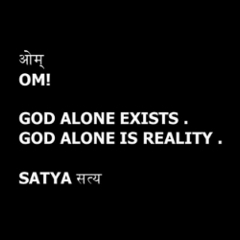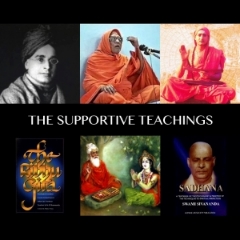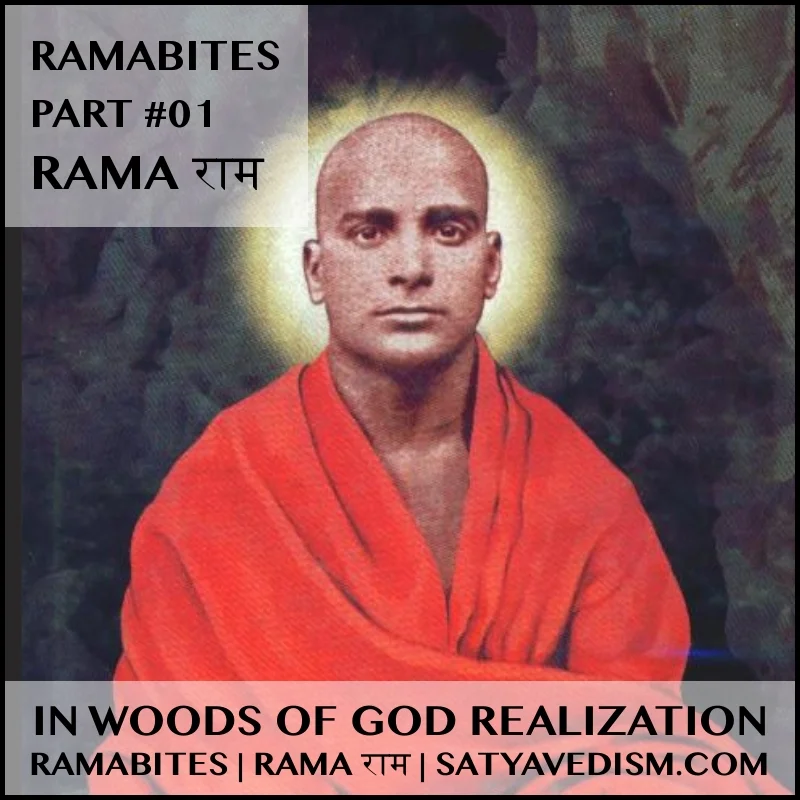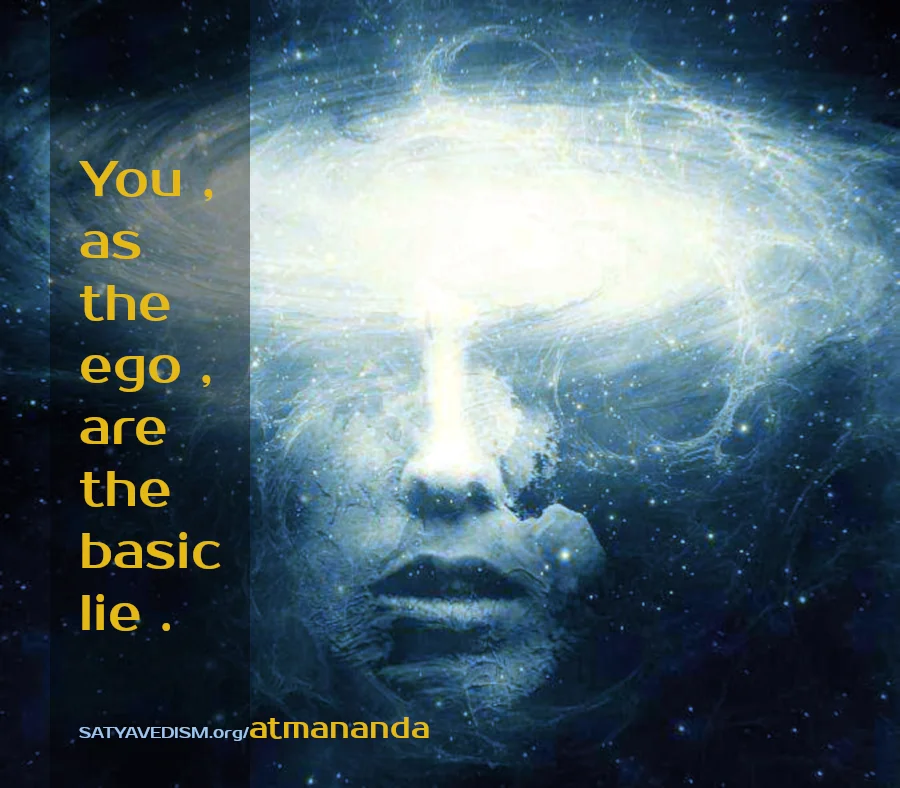METHODS OF BHAKTI YOGA | SWAMI KRISHNANANDA
| | homeAN OUTLINE OF THE METHOD OF BHAKTI YOGA | SWAMI KRISHNANANDA
A feature of the human mind is to have affection for things . There is no human being without some sort of an affection or love for something .
This is a fact upon which the system of Yoga known as Bhakti is based .
There are various functions of the human psyche such as logical understanding , emotion and love , activity , etc , but a very important , inescapable feature of the human personality is love or affection . It is impossible to exist without it . We cannot find a human being absolutely barren of love .
What happens is that on account of this feature in the human personality known as affection or love , the mind generally moves in the direction of the object of affection .
We love our family relatives , we love some persons who are friendly with us , we love some animals , and we even have love for inanimate things . We can have love for our own walking stick , our transistor , our wristwatch , whatever it be .
The love thus gets distracted and spread in various directions , inasmuch as love is a predominant note of the human mind .
The purpose of life is the Realisation of supreme perfection — the Yoga technique , as it is usually known .
The ultimate goal of life is not simply loving various things and somehow or other getting on in life with our sufferings , but it is the attainment of supreme perfection , the Realisation of the ultimate good .
In ancient times , people who thought deeply along these lines wanted to harness this emotion or love aspect of the human being for the practice of Yoga .
Yoga is indispensible .
Our very purpose is the practice of Yoga .
Therefore , it is impossible to live in a state of ultimate happiness without practising some sort of Yoga . That is as clear as daylight , but it is equally clear that we cannot live without affection or love .
Therefore , if both these things are so clear and indispensible and unavoidable , we have to convert this affection into Yoga .
Love is indispensible , inescapable , and the practice of Yoga is also indispensible , inescapable .
Both of these are important factors , and we have to bring them together somehow ; otherwise , life cannot be happy .
The system of Bhakti Yoga is a method of converting human love or affection into a Yoga technique .
" How do you do this ? " is evidently a question that comes before our mind . How do we transform our love into a spiritual power rather than an emotion that moves towards a perishable object of the world ?
For this purpose , human love has been analysed into various groups or sections . We have got hundreds and thousands of loves , but all these variegated forms of human love can be condensed into certain principle forms of love .
What are these ? These loves are called feelings of the mind .
In Sanskrit , this deep-rooted feeling of an affection of any kind is called a bhava .
Bhava is a Sanskrit word meaning an emotional reaction of love or affection in respect of something outside us .
How many types of bhava , or affection , are there ?
An analysis of these bhavas has shown that it is possible for the human mind to transform these feelings of love , or bhava , into a spiritual power .
What are these feelings of love ?
How many types are there ?
We love so many things .
What are these things we love ?
Let us think for a few minutes .
What do we love in the world ?
We love our parents , we love our children , we love our spouse , we love our master , we love our servant . We love the superior and the inferior , for different reasons . A master may have a love for the servant , and a servant has love for the master . The spouse has love for the other spouse , and likewise . The parent has love for the offspring , and the offspring has love for the parent . These are the essential forms of human love .
These loves have to be thoroughly studied and converted into a spiritual technique .
That is Bhakti Yoga . Bhakti Yoga is the spiritual methodology of converting human affection into a system of meditation .
We can meditate through love .
That is called Bhakti Yoga .
Meditation is the goal .
The real Yoga is meditation , but meditation can be done through the understanding , through the scientific intellect , or it can be done through the love or emotion of the psyche .
You can meditate in many ways . Whatever be the function of the mind , that particular function can be made the channel of meditation .
When a particular transformation of the mind takes place , meditate through that particular transformation .
When your intellect is scientific and rational and you are predominantly rationalistic , scientific and analytical in your approach , you can meditate through this analytical mind . That meditation through the analytic , scientific , logical mind is called Jnana Yoga , the Yoga of wisdom or knowledge .
But if the predominant feature of your mind is love , affection , emotion , sentiment and feeling , then meditate through that aspect of the mind . That is Bhakti Yoga .
If you are an active type , having a serviceful nature and doing something always , that aspect of the mind can be made a channel of meditation . That is Karma Yoga .
If you are of an occult and mystic type who works through the will and the volition , you can make that as the channel of your meditation . That is Raja Yoga .
There are various Yogas .
Now , coming to Bhakti Yoga , the feature of the mind called emotion or love is taken as a medium for the concentration and meditation of the mind . While the object of meditation may be anything , it is the method of meditation that gives the name for the Yoga .
You can have a single object of meditation , and that single object can be meditated upon either through Jnana or Bhakti or Karma or Yoga . The object of meditation does not determine the nature of the Yoga . It is the method of meditation that determines the particular label or name that is given to the Yoga .
Thus , you can concentrate on the object of your meditation through the love that you have for it .
Now , the Ultimate Reality of the Universe is mainly the object of meditation .
It is a universal , immanent force or energy present in all things , manifest in humans , animals , trees , mountains , and so on .
That is the Ultimate Truth of things , the Ultimate Reality of things , the universal force , as we said .
This is actually the object of meditation , but you will meditate on that object through the predominant feature of your mind because the mind it is that meditates .
Whatever be the object of meditation , even if it may be the universal force , the predominant feature of the mind is the medium of meditation .
And what is this feature predominant in the mind ?
It is love , affection , sentiment , feeling .
So through love you meditate on that universal force .
How do you conceive that universal force ?
It is the Supreme Parent , the Creator of the cosmos . In Christian theology , this is the predominant feature . Christian meditational techniques and prayers are of this particular attitude of the mind in devotion , namely , conceiving the Supreme Being as the Parent of the Universe .
How do you love your parent ? When you look at your parent with reverence , what do you feel ? The parent is above you . Your parent is superior to you . You have come out of the parent . Your parent has created you , and you have an admiration for your parent . The parent is a magnificent person in your family . The parent is the head of the family and takes care of you , and you have a feeling of awe , reverence , respect , regard , and a feeling that the parent is superior .
So in Bhakti , when you think of the Supreme Being as an object of your love , as a parent , you feel that you are inferior and It is superior because you have come from that . It is the cause ; you are the effect . Your emotion is stabilised in this attitude of Bhakti .
When you see your parent , your emotions are not highly churned or disturbed . They are stabilised . Emotions can be stable or disturbed under different circumstances . When your object of thought is your parent , you have a steady , continuous form of emotion and love , different from the affection that you have for your child . You have affection both for your parent and for your child , but you know the difference . What is the difference in your feelings when you see your child or your parent , though you have got affection for both ? They are two different kinds of affection . Awe , reverence , and respect in regard to the object is what you feel when you see your parent , but when you see your child you want to kiss it , hug it , keep it on your lap , caress it , fondle it , and think of it with a different transformation of your emotion .
But suppose you are a servant and you have a boss , a master . You have a love for your master , but you do not think of a boss as the parent of your family , nor do you love a boss as you love your child . Your attitude towards your master , superior or boss is quite different . You may be in a big office managed by an officer . You have love for the officer , but that is a different type of love from the love that you have for your child or for your parent .
You may have love for your subordinate , someone with inferior status than you , but that love for the subordinate is quite different in kind and character from the loves that you have for others . And the love between spouses is a different thing altogether . It is not like an offspring loving a parent , etc . It is quite different . You know how different the love between spouses is from the love that one has for a child , a parent , etc .
So we can have various kinds of love , though love is a general term that we use for the like that we have for things . Love is a simple form of like , but in kind they are different , just as we have various kinds of lunch .
We take lunch every day , but there are various types of lunch — western lunch , eastern lunch , northern lunch , southern lunch — and even in the same country , different states , different localities , different villages have different kinds of diet suited to their temperament and liking , but all are taking lunch . Everybody likes a good meal , but all these common forms of love for a lunch or a meal differ in their intrinsic character .
Likewise , love is a general term which is a predominant feature in the mind of every human being , but in kind it differs because of the different relationship we have with the particular object . Our relationship with our child is different from our relationship with our parent , spouse , etc .
These forms of love become a source of bondage and suffering to us inasmuch as there is a likelihood of bereavement from them . Bereavement is separation .
The object of our love can die .
It may be a parent , an offspring , a boss ; it may be anybody .
Generally we love because it gives us happiness , but love can bring sorrow .
We do not love because it brings us pain , but what happens if that object of love perishes ?
If our parent is dead , spouse is dead , boss is dead , subordinate is dead , everyone is gone , then love can bring pain .
The spiritual masters thought that although love is inescapable in the human mind , it will cause bondage to us inasmuch as we do not know how long the object of love will last .
As we do not want bondage , we should have a PERMANENT OBJECT OF LOVE .
What is permanent in this world ? Nothing . Everything is perishable .
The only permanent thing in the world is the Ultimate Reality of the Cosmos , the universal energy , so we love that alone and love nothing else :
" The All-pervading , Omnipresent , Immanent ,
Supreme Truth is the Supreme Progenitor . "
We will never suffer due to this love because That will never die . That object of our affection is always there .
There are some people who think of GOD as their parent , and in the detailed Bhakti techniques developed in the schools of devotion , especially in India , various subdivisions of this system have been conceived .
These are called the bhavas , or feelings of love , as I said , so you can choose for yourself how to conceive Reality .
Do you think of It as your parent , or your master , or a friend on equal footing ? Whatever be your feeling towards It , that will be the method that you adopt in your meditation on It .
Generally , when you think of GOD as an all-pervading immanent universality , you cannot think of It as a child , a baby . You cannot think of It as your spouse .
That is why I said personal concepts of GOD are more intimately connected with the system of devotion than the impersonal concept of Reality , which is universality .
In the universal concept of GOD , you can have love of a specific type only , not all types . As I mentioned , you cannot regard the Universal as your spouse .
It is not possible because of the very fact of universality , but you can have love for It . You can love the Universal as the Cosmic Progenitor .
Generally the concept of a parent is more applicable to the Universal than any other concept . So you love the Supreme Being as your Parent eternal . This is the most practicable method of love in any form of religion or spirituality .
This is the psychological aspect of Bhakti Yoga . What I have described up to this time is the psychological aspect of the practice of Bhakti . It is psychological because it is concerned with the feeling , the function of the mind .
But there is a practical aspect of Bhakti Yoga . How do you implement this feeling ? Just as you have various bhavas or feelings of love for GOD , there are various methods of practising this feeling or expressing this devotion .
How would you love your Parent Supreme ? You hear GOD's glories :
" Master eternal ,
glorious shining light ,
capable of doing anything ,
all-powerful , all-knowing .
When I go there ,
I will get everything .
GOD knows all things
that are happening ,
even in my mind .
Most glorious is
the Supreme Parent
of the Universe . "
This is what is said in the New Testament of the Bible , in the Bhagavadgita , in the supreme scriptures of the religions of the world .
One of the methods of developing and implementing love of GOD as Supreme Parent is to listen to GOD's glories . You go on hearing about GOD's glories :
" Oh how great ,
how glorious ,
how magnificent ,
how wonderful !
GOD , You are everything .
There is nothing that You lack .
There is nothing that You cannot do .
There is nothing that You cannot give me .
And instantaneously You can do it . "
These are GOD's mighty glories . GOD is called Almighty , which means mighty in every respect . So you go on listening to these glories as described in the scriptures . Hearing the glories of the Supreme is one method of implementing this feeling , this psychological affection , for the Supreme Being .
Another method of practising devotion is to sing the glories . You chant , you dance , you put your songs to music . You have instruments — harmonium , guitar , piano , and so forth , and you can set your song of the glory of GOD to music . Hearing GOD's glory is one method , and singing is another . That is how you can put into practise your love of GOD .
A third method of practising this love of the Supreme Parent is to close your eyes and think only the Supreme Parent :
" Parent , You are everywhere . "
You do not say anything , nor does anyone tell you anything . There is no listening or singing ; you simply feel The Presence . Always think ,
" Oh , GOD is there .
Only GOD is there .
Nothing else is there . "
This is called Japa , which means repeating the Supreme's Name and the Supreme's Form . That is another way of practising devotion .
There are people who cannot think the Supreme Parent in impersonal form . They want some symbol , some form .
In churches and temples there are images , portraits and painted pictures . We keep an imagined symbol of the Supreme Parent , and then pray . It is not that GOD is only in the picture or the symbol , but if we cannot think anything else then what to do ?
When we see the national flag of our country , we salute . What are we saluting ? Though we are saluting a piece of cloth , it is not only a cloth . It is a symbol of the power of our country , and the national spirit is inherent in it .
Likewise , when we pray to an image or a portrait , it is not a picture , it is a symbol of that which it represents .
Hence , we can have an image or a portrait , or any kind of emblem representing our emotion of love for GOD .
We cannot think in an impersonal form , so we think in this visible form .
We daily offer prayers , worship , offer garlands , wave a light , sing a song in front of the Supreme . This literal , ritual method of worship which we have in temples , etc , is one form of Bhakti .
Then another form of Bhakti is mass prayer . There is mass prayer in churches , in temples , etc . In a group setting we offer a common prayer to the Almighty Parent . Always feel that you are the humble servant , ready to obey all bidding .
" I am an instrument in Your hands , Supreme Parent .
Whatever You feel , You are ready to order me to do . "
You are not the doer of anything ; GOD is the ultimate doer of all things , the agent of all actions .
You are only like a fountain pen with which GOD writes .
You are a stick with which GOD walks and takes as help .
You are an instrument of GOD's activity throughout the world , so you can neither be blamed nor get the credit for what you do .
GOD does it through you , and you are commissioned to do GOD's mighty deeds .
This is how a devotee feels .
Then finally , the highest form of devotion is self-surrender .
" I do not exist at all ; GOD is everything . "
If GOD is everywhere , you are nowhere .
You cannot be anywhere when GOD is everywhere .
You are part of GOD ; you are merged with GOD .
This is the highest form of devotion .
This is equal to wisdom , knowledge , Realisation itself .
So in these ways and such other ways , you can conceive the Ultimate Reality as the object of your love and affection .
The point behind all these methods is that you have to remember only that Ultimate Reality as the basis and substratum and substance of the various forms and things that you see in the world .
By this form of meditation your personality will get absorbed into Reality and you will imbibe the character of eternity as Reality .
This is an outline of the method of Bhakti Yoga .
SOURCE | SATYAVEDISM.ORG



































































































